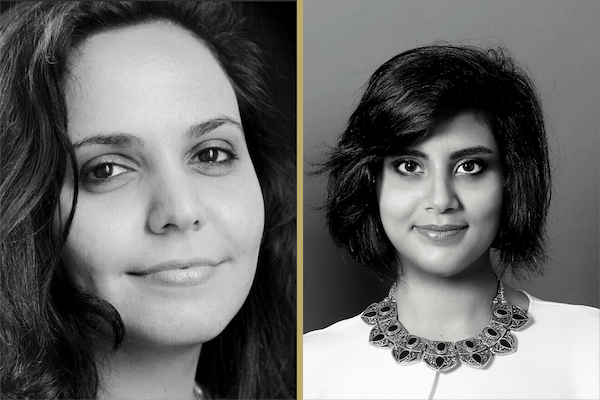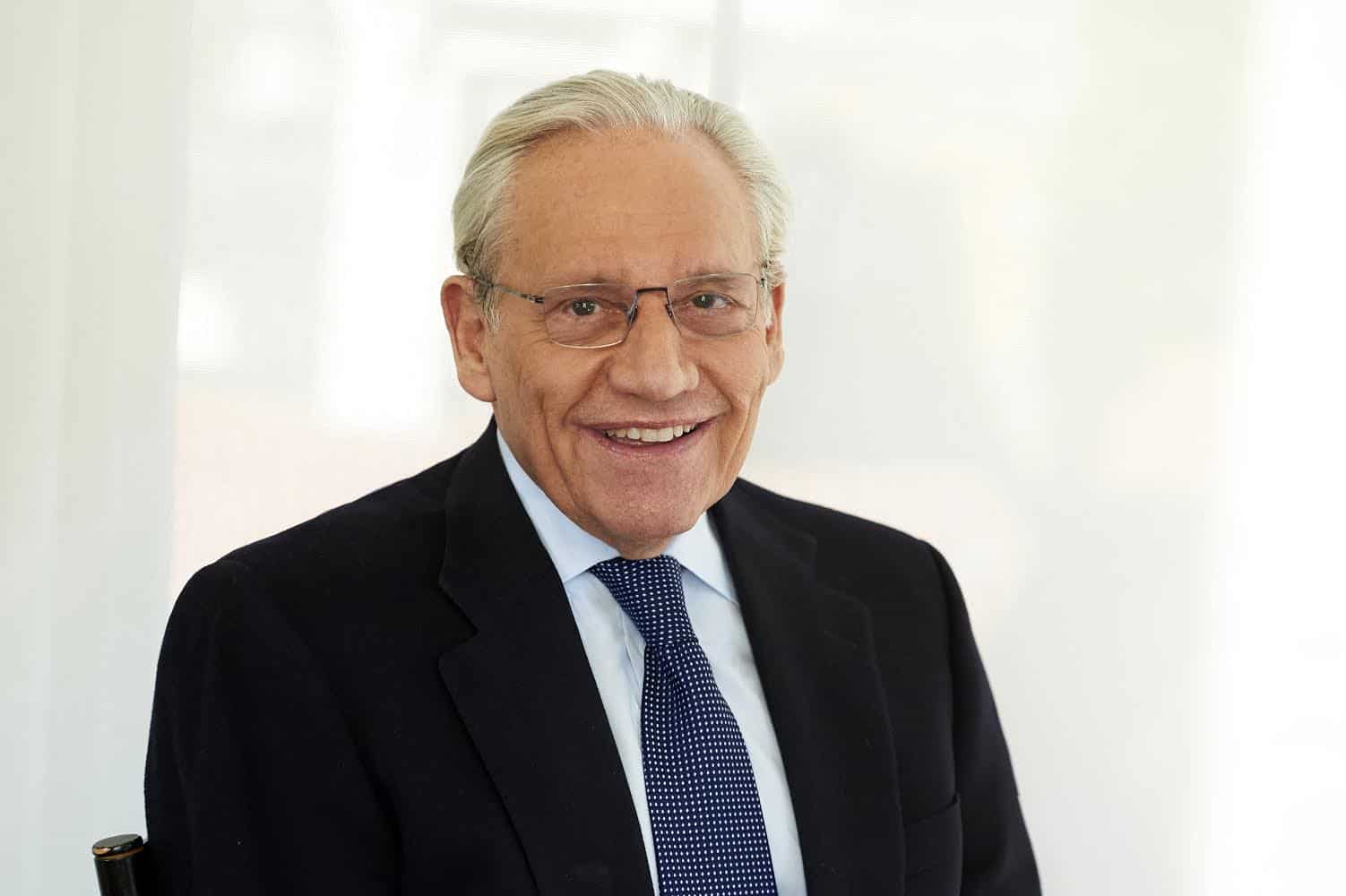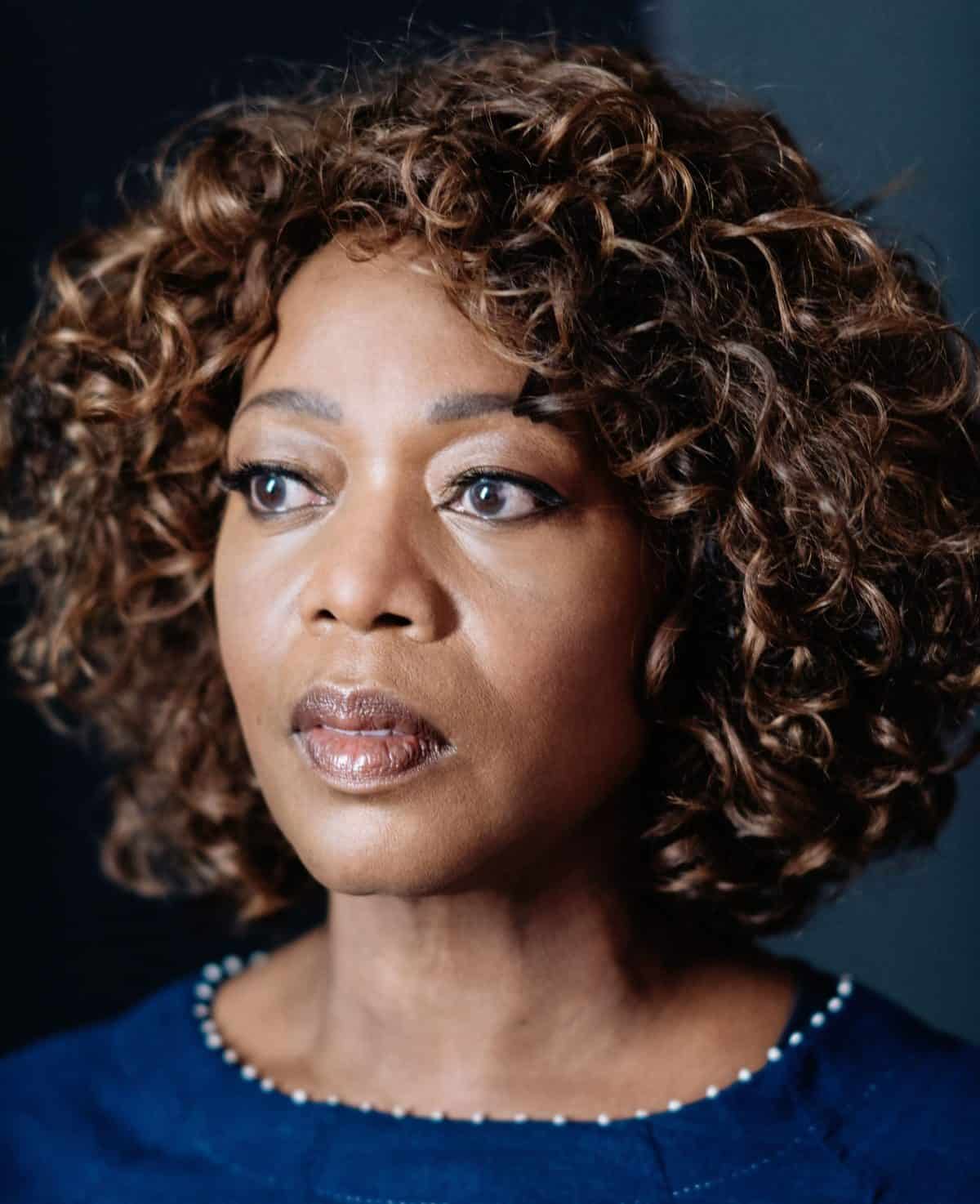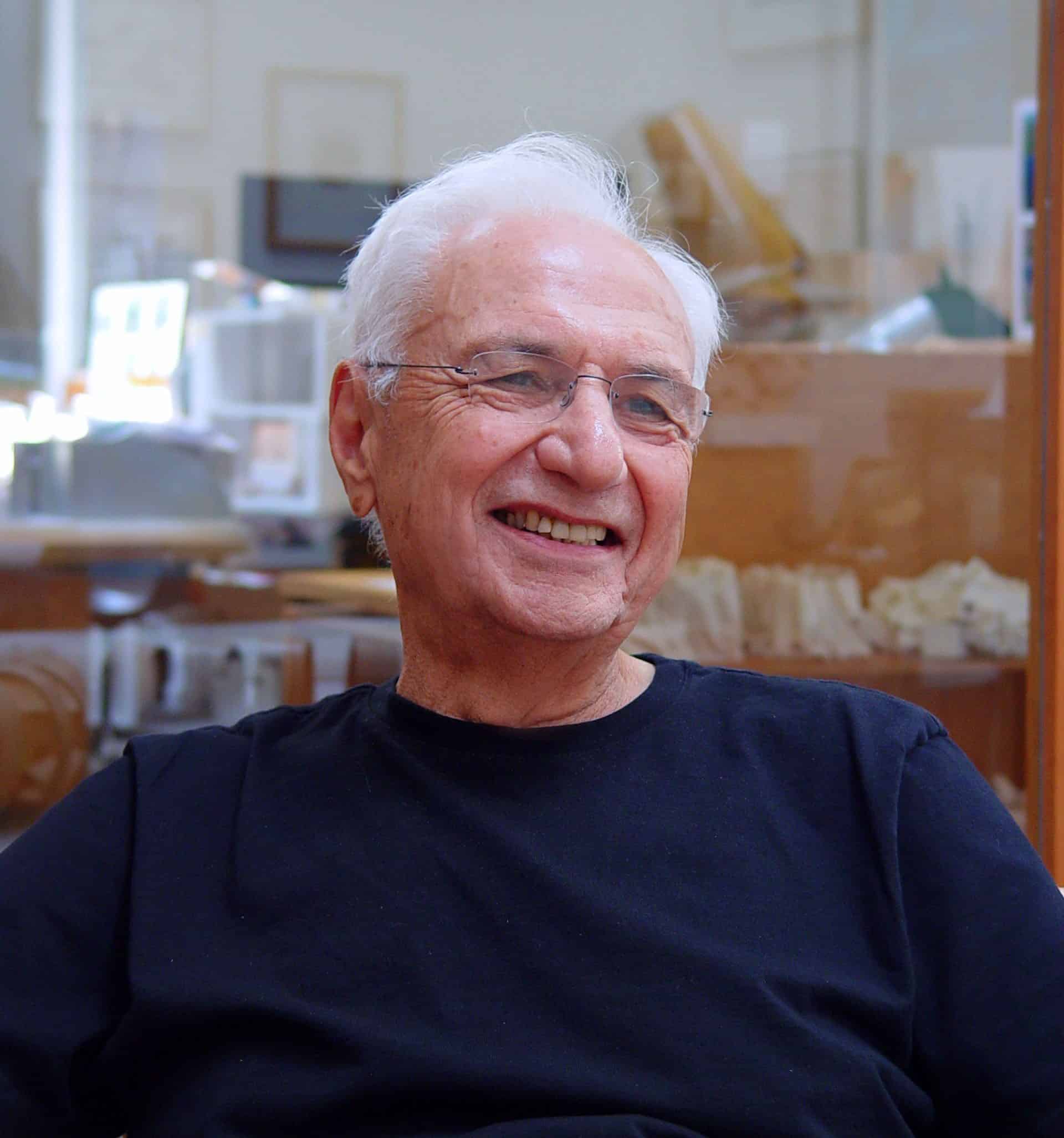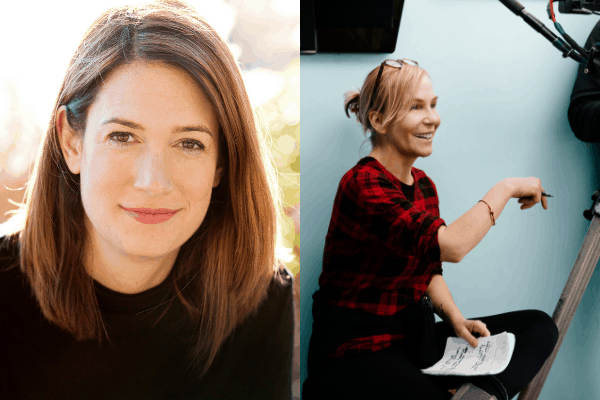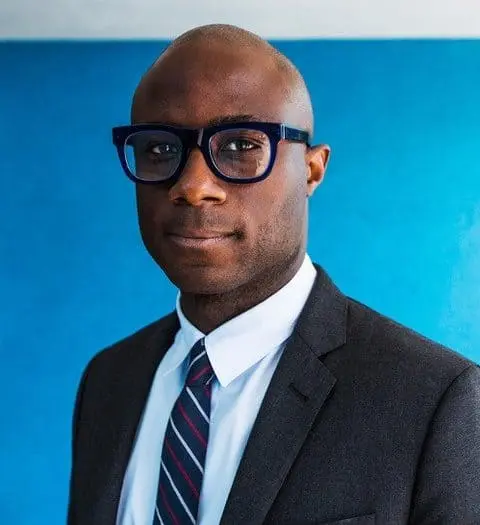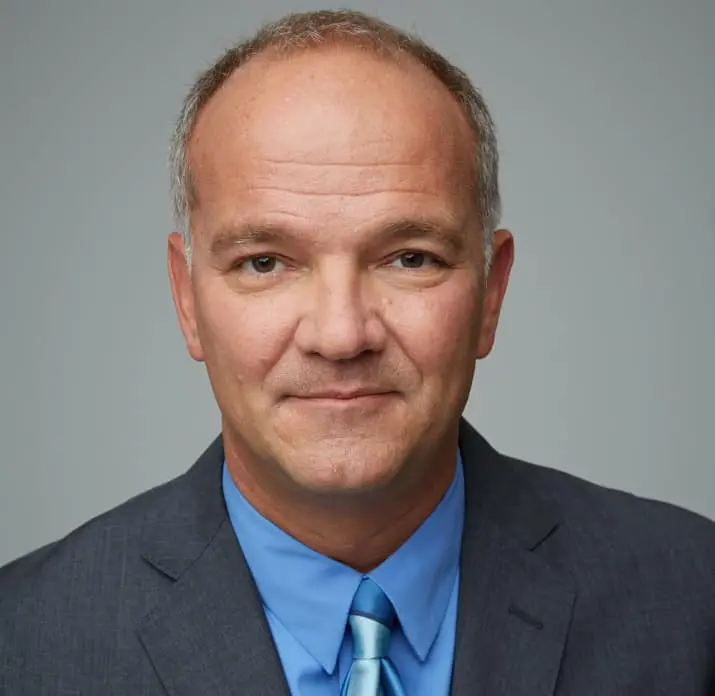Richard Robinson has been President of Scholastic Inc. since 1974, Chief Executive Officer since 1975, and Chairman of the Board since 1982. During Mr. Robinson’s tenure, publishing records were shattered with the release of each book in the Harry Potter® series by J.K. Rowling, and the script book of the 8th Harry Potter story, Harry Potter and the Cursed Child Parts One and Two, was the best-selling adult or children’s book of 2016.
Below are his full remarks from the 2019 PEN America Literary Gala, with an introduction from actor Alec Baldwin.
Alec Baldwin
Good evening. It’s my great pleasure to be here tonight, celebrating freedom of expression and the right to read. I’m proud to present the award for the 2019 Publishing Honoree to Dick Robinson, my neighbor and friend, and the Chairman and CEO of Scholastic.
Dick is someone who exemplifies PEN America’s mission—a mission that resonates deeply with me personally, as we continue to fight for a free press and to acknowledge the importance of freedom of thought and creative expression. The work PEN America does has been crucial over many years and is even more important right now.
Dick is someone who understands the importance of language—how much depends on our ability to express our ideas, to access books that can change us and challenge us. Under his leadership, Scholastic has become not just the world’s largest publisher and distributor of children’s books, but also an organization that helps schools, teachers, and parents work together to make great stories accessible and relevant to millions of young people.
Dick has an enduring commitment to helping all children find the books that inspire them, represent them, and inform them. His mission, reflected throughout Scholastic, has helped launch some of the world’s greatest authors, but also the books and magazines and educational programs that teachers use in classrooms to help reach their students. In turn, generations of children have grown up with Scholastic—forever changing the way they think and feel.
To understand the world is challenging for young people, especially now when there is spreading confusion about what news and information can be believed—topics that have formed a focus for the work of PEN, who offered this comment about Scholastic:
“The company stands out as a trusted source that is apart from politics and partisanship, producing books that are read in red states as much as blue states, and creating an essential foundation of fact-based insight for generations of young people. Scholastic has always been known for offering editorial judgement, quality, and a measure of morality, moral clarity—qualities that have become more essential than ever in the digital age.”
Scholastic has spent decades nurturing a distinct and consistent editorial point of view—one that strives to clearly present current affairs and contemporary thought, one that encourages literary appreciation and expression, one that celebrates diversity, and one that represents the worth and dignity of each and every child.
As Scholastic approaches its 100th anniversary next year, it would be easy for Dick to look back on all he and his father, the founder of Scholastic, have done to help generations of American children and the world think and understand better. But if you know Dick at all, you know he doesn’t look back. He only looks forward.
He looks at the children of today and asks, what will they need to be successful in the mid-21st century, when they’ll need to think at higher levels and solve problems that we cannot now foresee.
What is certain is that reading great books will give them the necessary skills of heart and head to prevail in the future world.
From the enthralling post-apocalyptic tale of The Hunger Games by Suzanne Collins, to the spellbinding and tender mystery of orphaned Hugo Cabret from Brian Selznick . . .
. . . From the laugh-out-loud worlds of Dav Pilkey’s Captain Underpants and Dog Man. That is my nickname in my home, Captain Underpants, I want you all to know, I have to share that with you. To stunningly rendered stories about real-life figures like Martin Rising from Andrea Davis Pinkney . . .
. . . From the heart-racing adventures inspired by true life in I Survived by Lauren Tarshis and heart-warming tales that reflect the transformative power of words like Peter Reynold’s The Word Collector, to an unforgettable heroine’s struggle in David Baldacci’s The Finisher . . .
. . . And, of course, the ever more relevant and deeply dimensional world of J.K. Rowling’s Harry Potter . . .
. . . Dick Robinson has helped to bring these worlds to young people in homes and schools across the globe, and into their hearts forever.
These brilliant authors and illustrators are here tonight to celebrate Dick and his remarkable journey. Unfortunately, J.K. Rowling could not be here in person—but she sent this special message that I have the privilege of reading to you, Dick:
Dear Dick,
My heartfelt congratulations go to you this evening for being honored by PEN America for your incredible service to publishing and more importantly child literacy.
Twenty years ago, you helped change my world—and, who could have imagined back then what a journey it would be. Working with you and the team at Scholastic on Harry Potter has been one of the most significant and meaningful partnerships in my life.
A unique relationship exists between authors and the publishers who have supported them—and you, Dick, have supported me and my work in countless, indescribable ways.
You’ve gone far beyond championing my books. You and Scholastic have also so generously supported the foundation I established, Lumos, to help bring an end to the harmful use of orphanages and child institutions around the world.
You’ve centered your life and your business around the fundamental belief that every individual child should be enabled to develop their potential to the fullest possible extent, and that a key part of that is the ability to read, and to discover other worlds through stories. I’m just one of the people who is incredibly grateful to you for having made this your mission.
Truly, there is no one who deserves this honor more.
Thank you, Dick for all your support over the years, and again, many congratulations.
J.K. Rowling
Congratulations, Dick Robinson, for your extraordinary vision. It is a true honor to present you with the PEN America Publishing Honoree of 2019 Award.
Thank you.
Richard Robinson
I’d like to sit down now. And I’m sure my colleagues who are with me, the authors and the staff from Scholastic who are here, have done so much to support our company, would probably rather have me sit down right now. Yes? Because when you’ve been praised by Alec Baldwin, you’ll never do it better yourself or ever hear anything as good again. And normally I see him in his t-shirt across the hall with his beautiful children and Hilaria, and I love to see the children every morning because it reminds me of what we do at Scholastic, but then he’ll say once in a while, “Say hello to Mr. Robinson,” and they dutifully look up and say hello somewhat nervously, and then go back to their wonderful family and play and have a wonderful time in the day, and I go to work feeling so much better having seen them and this wonderful couple and this great man has just introduced me. But since I’ve been invited to say something, I will try to underline some of what Alec has said about me.
I’m a huge fan of Suzanne Nossel. She’s a brilliant person and it’s an honor to support her, and I think as a children’s publisher we may seem a little bit out of place here, but I think as I talk a little bit you’ll find out that some of these themes that animate PEN are also part of the world that Scholastic has lived in for the past hundred years. But we’re here to support you Suzanne, you’re a brilliant leader, and help you to protect speech and journalists around the world, and more broadly support the rights of the individual not only to be heard but to be central to what we believe in.
This regard for the individual was beautifully captured by Jo Rowling in her most generous comments that Alec just read. And as Alec has also kindly pointed out, the reason PEN is recognizing Scholastic tonight is really to shine a light on the mission of our company to help young people understand themselves and the world. Or in the words of Sebastian, a 10- year-old student in Chicago public schools, who wrote to me this last week: “I read to learn the things I do not know.” The way we carry out our mission is through helping kids to read, both for inspiration and for understanding of how the world works. Reading, as Alec said, is about heart and head, passion and analysis, stories and information.
For nearly 100 years, our familiar classroom magazines have brought information to young people at almost every age and grade level. Meeting Anita Hill, she said, “Yes, I got those magazines when I was a child in rural Oklahoma.” And so many children have got their information that way. Now print and digital, with total circulation of 15 million, these magazines reach kids each week and nearly half of the classrooms in America. Written with a balanced approach, welcome in both red and blue states, these nonfiction resources help kids develop skills of discussion, argument, and logic. And so, to understand that while people may differ on important questions, they can resolve disagreements through discussion rather than mere assertion.
And what you just responded to there, is what particularly attracted PEN and Suzanne this year to honor us. Knowing that the basis of our democracy is being challenged, we’ve just heard that from her, and that the ability of young people to develop a fact and reason based approach to the world is critical to our future. The history of Scholastic in this area has often been controversial and we have been banned in schools in the ’30s and the ’50s, for being too soft on communism; and the ’40s and the ’60s for promoting liberal views on race, civil rights, and the Vietnam War; in the ’70s for articles on student rights, not a popular subject in schools; and in the ’80s and ’90s for climate change; and in the 2000s for the Iraq war. But despite these controversial and temporary bans, schools have relied on the balanced approach of these magazines to help young people gain basic knowledge of their world with the larger goal of helping kids know how to build and maintain a fragile democracy.
The second part of Scholastic’s mission is through our books. Books created by the authors here and supported by the staff that has done such a wonderful job for kids all over the world. The power of literature and great stories to help us understand who we are and who we can be. From picture books like Clifford or Happy Dreamer, to novels like Harry Potter and, of course, The Hunger Games, Suzanne Collins being here, kids discover how to be curious, courageous, and resilient, to recognize good and combat evil, to see examples of love and hope as well as of sorrow, and to understand how human choices define who we are.
By publishing and distributing through our clubs, fairs, and trade, more than three million copies of thousands of different titles each year, Scholastic makes available great stories of the human heart and also books that make us laugh out loud, prompting kids to choose and read books that help them discover who they are.
You become a reader in the moment when you find a story about somebody else who has had the same experience as you, and suddenly you feel exactly like the character in the book, whether Hugo Cabret or Dog Man, that is the moment the young reader goes from taking a month to finish a book to finishing it in an hour, and then goes for the next one. Likewise, nonfiction creates a geography or culture you know nothing about, and suddenly you understand that there are children on the other side of the world who have the same hopes that you do. Or you read a story or an article about a doctor or a pilot or a scientist and you realize you would like to do exactly that job and be that person in the future and that dream never leaves you. Reading is about discovering who you are and how you can fit into the world and improve it. It is that trigger that gives you the power to be someone you never thought you could be. Authors could write this a lot better than I could, but I’m glad to represent you.
Of course there is a risky side to books as well. For Harry Potter and Captain Underpants are perennially on the top five list of banned books in the United States, largely because of the magic and mischief of pitting the adventurous child against the adult society seeking to maintain control.
Helping the child through this reading process is what Scholastic does, all 10,000 employees live this mission. Our book fair drivers deliver to school gyms and libraries cases of books all packed in shelves that become one week pop-up bookstores in schools across the country. When kids see our trucks drive into the school parking lot, they know they’ll find the books they’ll want to read and buy and keep forever.
In Scholastic early English centers across China, young children learn to read and speak English through our digital reading programs. In India our Geronimo Stilton series, the story of a mouse turned journalist, is a perennial national best seller. In the U.S., we partner with caregivers in early childhood centers, teachers in schools with literacy organizations like Reach Out and Read. And this summer we’ll provide Scholastic Lit Camps for 8,000 kids in New York City schools, a new approach to summer school where kids can read books for pleasure with mentors. And with the Yale Child Study Center we’re researching how reading builds resilience in children. All of this is about action and activity. Making reading active instead of passive, communal as well as independent, promoting the excitement and fun reading brings, emphasizing the story, the ideas, and the sharing.
But while excitement and engagement of reading leads to joyful discovery for many kids, we face a deeply serious issue about reading in our country and globally, and this is my most important message to you.
Phyllis Hunter, an author, an advisor, and a school administrator in Houston, contributor to the Bush Administration effort, No Child Left Behind, was the first person to say in the early 2000s, “Reading is a civil right.” A cry that was then picked up by many others, including superintendents of schools in most of our large cities. She believed that to succeed in our current society, every child has to be able to read at great level, to read for greater self knowledge and resilience, and to seek information in order to hold a job in a workplace where literacy is a basic requirement.
She knew full well most children were not going to read at grade level and our education system had to change to ensure that we had the intensity of focus and teacher capacity to guarantee that every child could read. Almost 20 years later there in an even greater need right now for reading as a civil right.
The stakes are high, at best 30 percent of children throughout the United States are reading at grade level, while 70 percent read below grade level, many significantly below, and right now our U.S. schools are affected by the economic inequality that drives our entire society, where school excellence is determined by zip code the school is in.
Many American schools are stuck in zip codes with few resources and underpaid teachers. More kids are arriving at school with greater learning, emotional, and health needs, but the resources and focus are not sufficient to boost kids to reach the future-ready skills which the standards require.
At the same time, we know the mid-century world will require almost all working people to have higher level thinking skills and to be able to navigate the world in a more sophisticated way in which knowledge will be distributed. Tech experts predict A.I. will eliminate 40 percent of the world’s jobs in 15 years. The six-year-old child in first grade today will graduate high school in 2031, and will be working at her peak powers in 2050, will need to understand the systems that will link us all together in the collaborative future work world. She will require greater understanding of others in a world where face-to-face relationships may be rare and a global outlook will be natural and necessary.
Without knowing precisely what the jobs of the future will be, we know people will require the ability to communicate and partner in a way well beyond what we’re doing now. And while reading, thinking, and literacy will be operating at far higher levels, everyone will also need to understand much more science and technology to be successful job holders in the world of tomorrow. And these future-ready skills will need to be taught in our schools right now.
This is why our company in its 100th year is calling for a reading revolution to direct more resources to help kids in all schools, but especially the less affluent to experience the learning focus and intensity which will help them be part of the society of the mid-21st century. Without this revolution, many of our future citizens will not be able to contribute significantly to the learning and knowledge society of the future.
Through this reading revolution we can and must provide schools with far greater resources and much more intense focus, determination, and will to ensure that all kids develop their passion and skill for learning more, reading more, and understanding more, so that they can be part of the future. Reading is a civil right and this is our message tonight. And this civil right, the reading revolution, can be summed up again through the words of Sebastian, the 10-year-old Chicago boy who says, “I read to learn the things I do not know.” Thank you.


